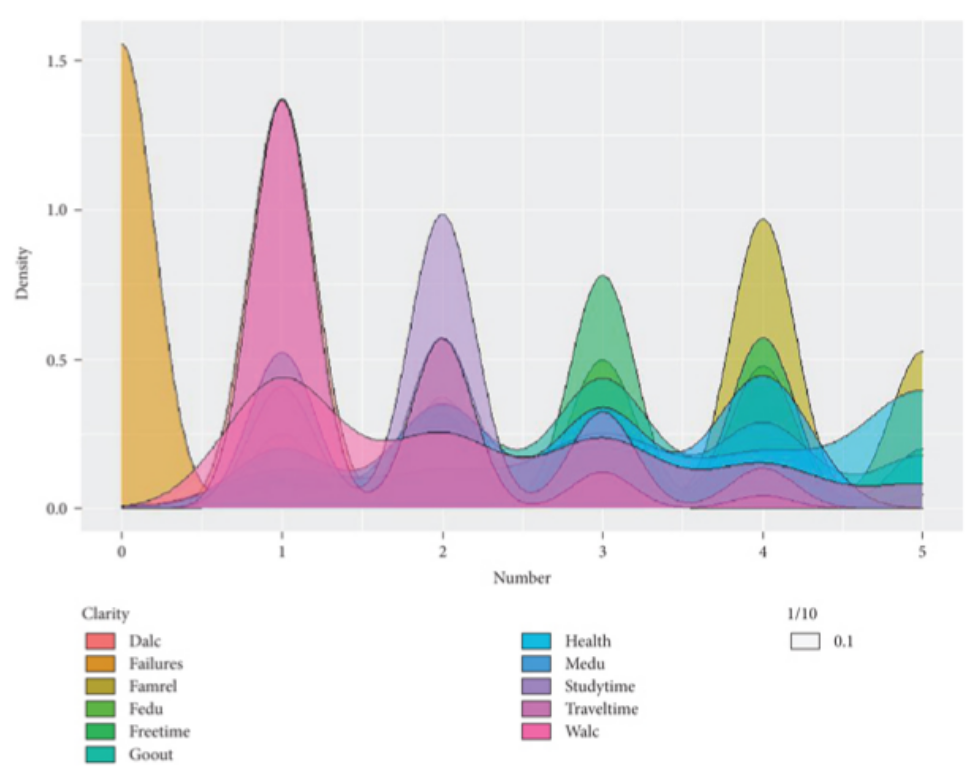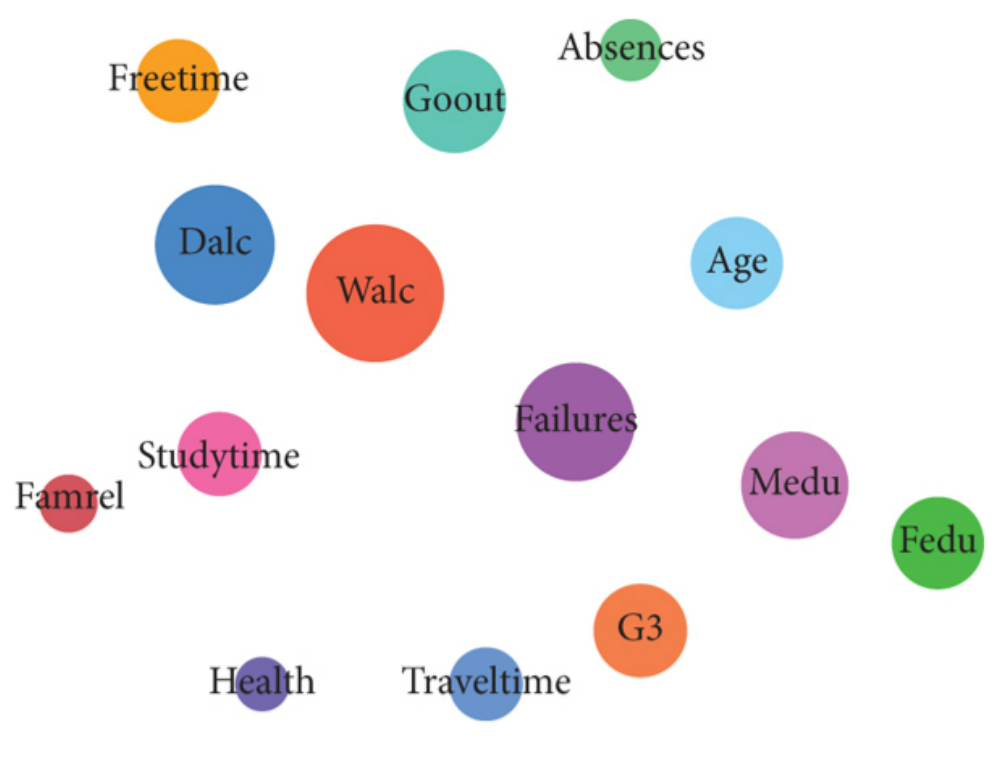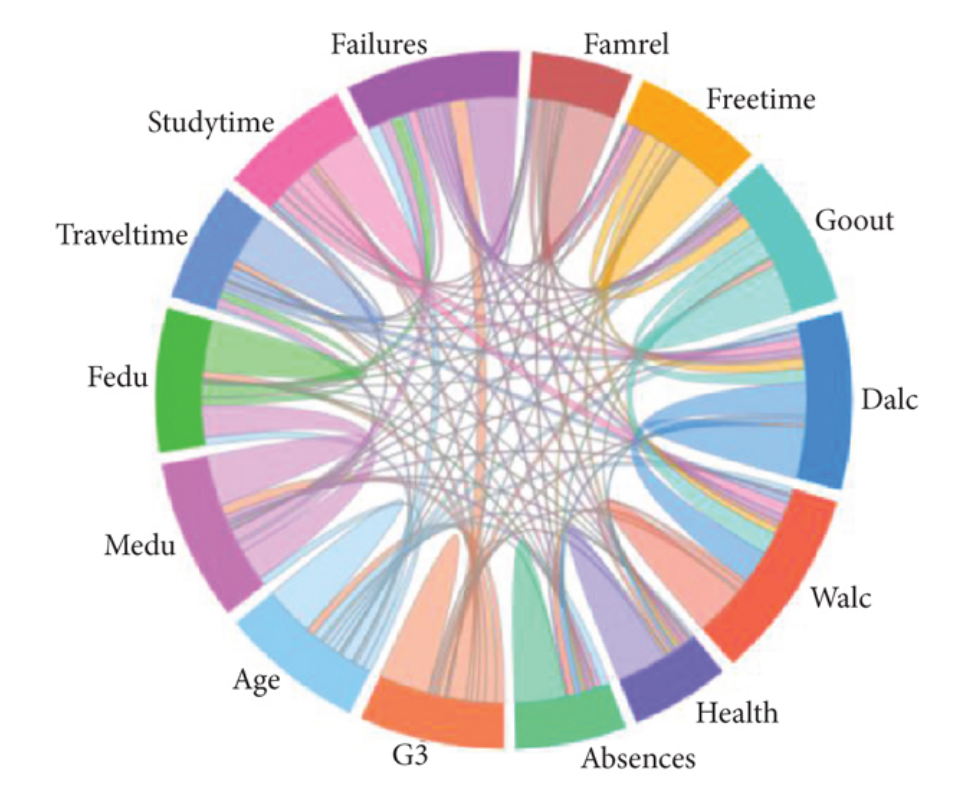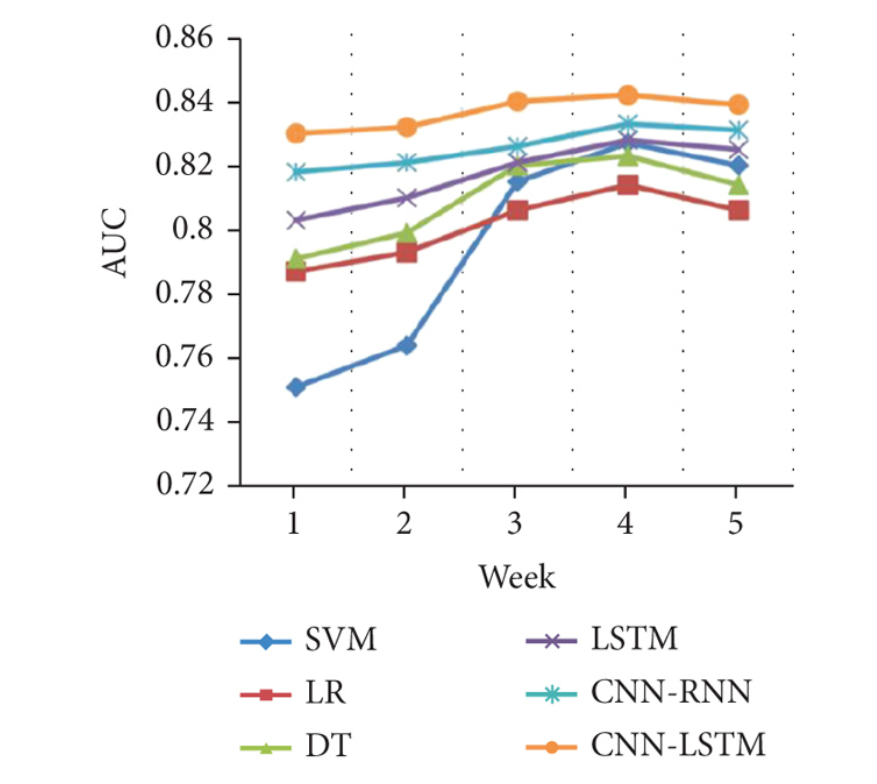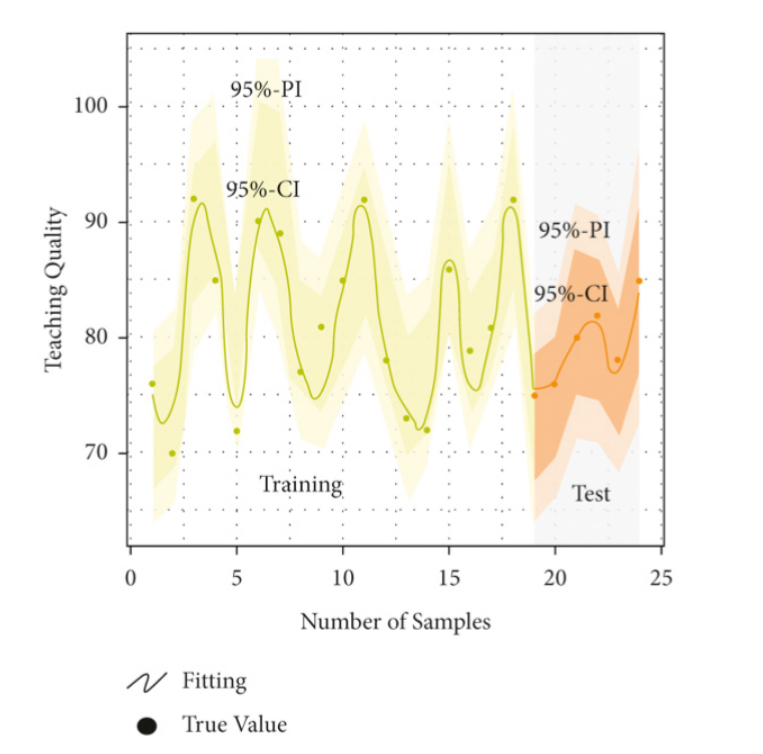 An open access journal
An open access journal
Educational Gamification for Soft Skills Development: Communication, Leadership, and Teamwork
Abstract
Educational gamification has emerged as an innovative approach to developing essential soft skills, including communication, leadership, and teamwork. This paper explores the significance of gamification in education, emphasizing its role in fostering engagement, motivation, and skill development among learners. It delves into the strategies and design principles that educators can employ to effectively incorporate gamification into their teaching practices, such as game mechanics, feedback systems, and storytelling elements. The discussion includes the benefits of gamification for soft skills development, including improved communication abilities, leadership qualities, and teamwork effectiveness. Moreover, the paper addresses the challenges and considerations for educators in implementing gamification, such as aligning game design with learning objectives and ensuring inclusivity. Through a review of empirical studies and case examples, the study highlights the positive outcomes associated with educational gamification, including increased student motivation, enhanced skill acquisition, and better preparation for real-world challenges. The conclusion offers recommendations for educators and institutions interested in leveraging gamification to cultivate soft skills, emphasizing the importance of thoughtful game design that promotes meaningful learning experiences.
Share and Cite
Article Metrics
References
- Anderson, C. A., & Dill, K. E. (2000). Video games and aggressive thoughts, feelings, and behavior in the laboratory and in life. Journal of Personality and Social Psychology, 78(4), 772-790.
- Deterding, S., Dixon, D., Khaled, R., & Nacke, L. (2011). From game design elements to gamefulness: defining" gamification". In Proceedings of the 15th international academic MindTrek conference: Envisioning future media environments (pp. 9-15).
- Gee, J. P. (2003). What video games have to teach us about learning and literacy. Computers in Entertainment (CIE), 1(1), 20-20.
- Hamari, J., Koivisto, J., & Sarsa, H. (2014). Does gamification work?--a literature review of empirical studies on gamification. In 2014 47th Hawaii international conference on system sciences (pp. 3025-3034). Ieee.
- Kapp, K. M. (2012). The Gamification of Learning and Instruction: Game-Based Methods and Strategies for Training and Education. Pfeiffer.
- Pivec, M., & Dziabenko, O. (2004). Playing and building games for learning: Insights from younger learners. Computers in Entertainment (CIE), 2(1), 10-10.

